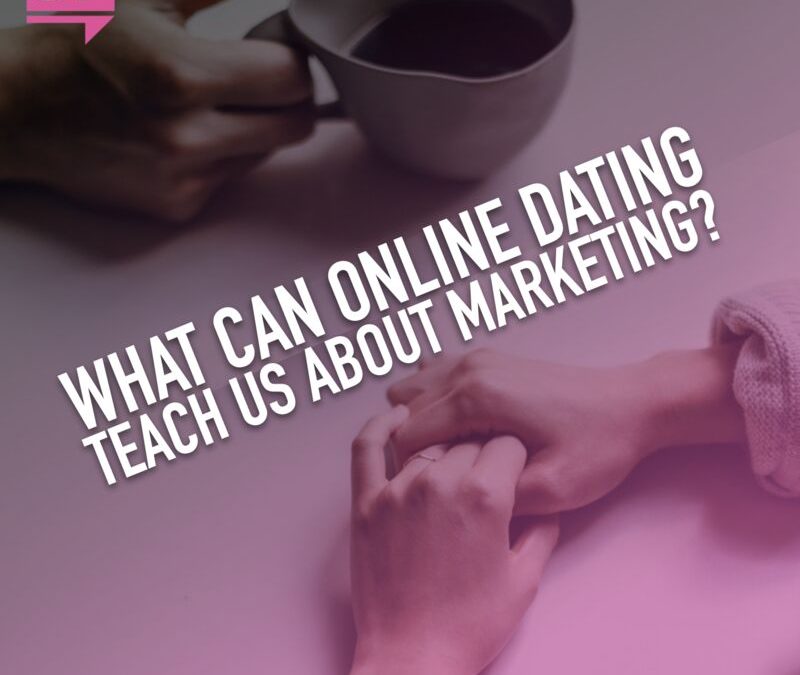The first is from Jennifer Cohen. Jen shares a brilliant insight on TikTok. Her podcast guest tells the story about a friend who was struggling with online dating. Her profile pictures were good. She was attractive, but she wasn’t getting past a third date. Her profile was too bland.
The problem was that she was a vegan. That would become an issue.
Jen shared that she needed an allergy. Something in her profile that was a cue. An element that would be a divider.
She bought her friend a sweatshirt that read, “If you’re not nice to animals… I’ll kill you.” It was an obvious allergy. It pushed away everyone who wasn’t a fit. Only those who were hardcore would be interested.
With online dating as well as customers, you are not for everyone. If you try to be, you’ll suffer a bunch of awkward first or second dates and never get past the early stages of a relationship.
Be upfront about your weaknesses. Don’t try to cover up your allergies. Your flaws are the things that make you unique… the things that make you awesome.
The second lesson from online dating is from a good friend who is a serial online dater. We were chatting yesterday and he mentioned how online dating was flawed. My friend mentioned he was at an event with behavioral economist Dan Ariely.
He approached Dan after the event and asked him why online dating was bad for finding a relationship. Dan shared how online dating was feature-based, whereby relationships are experience based.
Dating profiles are like lists of objective features. Good profile pic….check. Interesting bio…. check. Check all the boxes and you are a potential match.
Ariely shared that relationships are driven from an experience basis. You can’t replicate the chemistry of sharing a drink or a meal in a profile. These experiences create a feeling. Lists are logical and good for spreadsheets. Experiences are much more nuanced.
Logan Ury speaks to Ariely’s analysis in the book, “How Not to Die Alone.” She shares,
“We cannot be understood by comparing and contrasting our parts. Yet dating apps have turned living, breathing, three-dimensional people into two-dimensional searchable goods. They’ve given us the false belief that we can break people down into their parts and compare them to find the best one. Apps primarily give us a list of résumé traits and nothing more. Only by spending time with someone can you appreciate that person for the ‘experiential good’ they are.”
The same reasoning applies in marketing. Unless you are selling toothpaste, it’s not about features. Don’t worry about ticking every box. You are selling an experience. You aren’t selling perfect. Embrace the imperfect and double down on the captivating.

